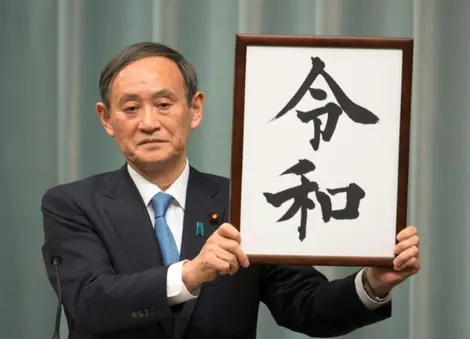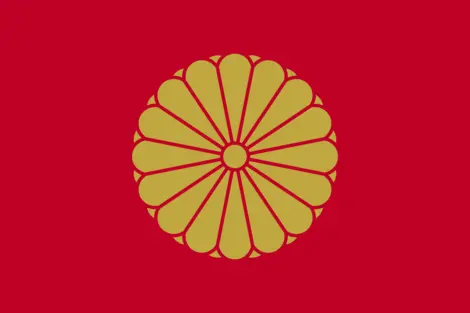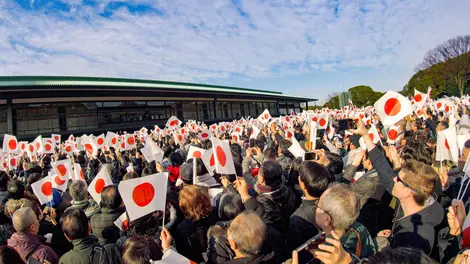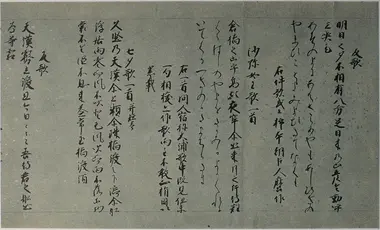Reiwa: the new Japanese era 令和時代
- Published on : 01/05/2019
- by : S.R.
- Youtube
Japan under new auspices
On May 1st, Japan gets a new emperor. After 30 years of rule, Emperor Akihito will leave the chrysanthemum throne to his son, Crown Prince Naruhito. As with every change of reign, a new Japanese era will begin. The era name was recently announced by government spokesman Yoshihide Suga.
Reiwa: the "venerable harmony"
And the name of the era ("gengo" in Japanese) brings hope. The "Reiwa" era will succeed the "Heisei" or the "peace-making" era, and will become the 248th era in Japanese history.
Composed of the kanji 令"rei", which can be translated as "order" but also "good, splendid, or good auspice", and 和"wa", meaning "harmony", already used in the name of the Showa era (1926-1989), the new name can be translated as "beautiful harmony". This is the translation proposed by the Japanese literature expert of Nagoya University Ryan Shaldjian Morrison.
For Prime Minister Shinzo Abe "Reiwa" "means the birth of a civilization where there is a harmony between beings", and marks "the beginning of a period that overflows with hope".
The head of the Japanese government used a metaphor comparing the new era to spring coming after the severe winter.
- Read also : The important events of 2019
Careful preparation
A large number of experts on the history of Japan and Asia were asked, as well as specialists from other sectors of society (economy, media ...).
The shortlisted names in the running were also presented to the future emperor, who has no say in the matter. It was reported that the greatest secrecy surrounded the discussions, with precautions verging on paranoia.
Indeed, the final discussions were organized with very strict rules. Electronic devices were prohibited in places of debate, nobody could leave except to go to the toilet, and even then always needed to be accompanied!
An extraordinary cabinet meeting on Monday morning made the final decision.
A Japanese name
Historically, the name of an era in Japan is borrowed from Chinese texts. But that tradition that has just changed, as a word from a Japanese text has been chosen for the first time as the name of era.
It was taken from a waka (Japanese poem) in the Man'yoshu, the oldest extant Japanese poetry anthology, composed between the 4th and 8th centuries. The poem from which the kanji was taken tells of a gathering to view the plum blossoms "in a fair month" with "the wind a gentle breeze"- "fair" being the translation of "rei", and "wa" coming from "gentle".











